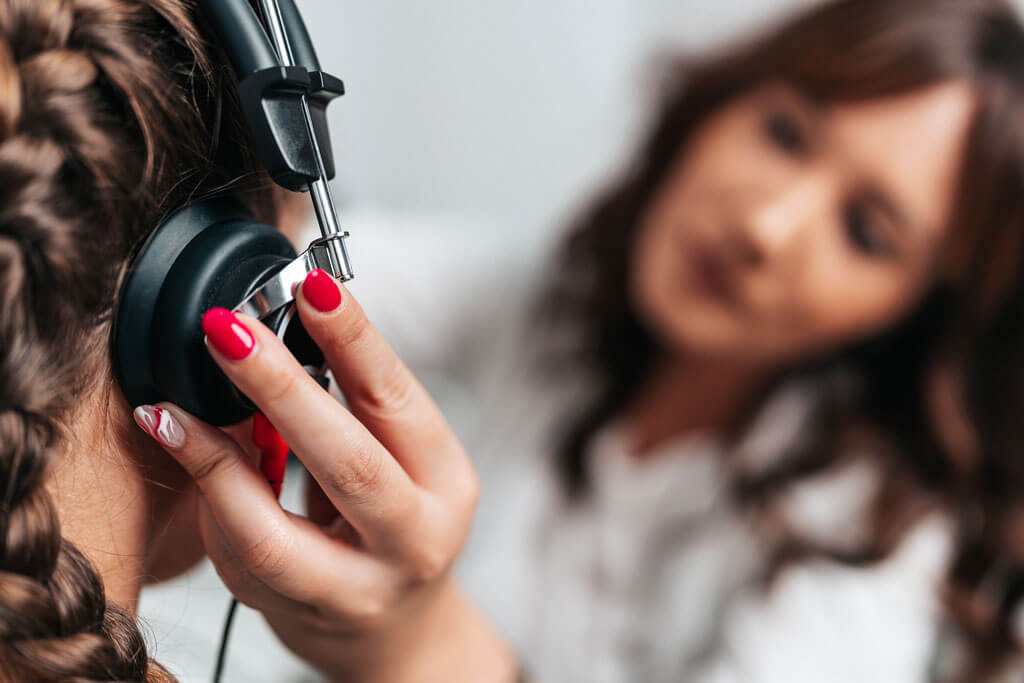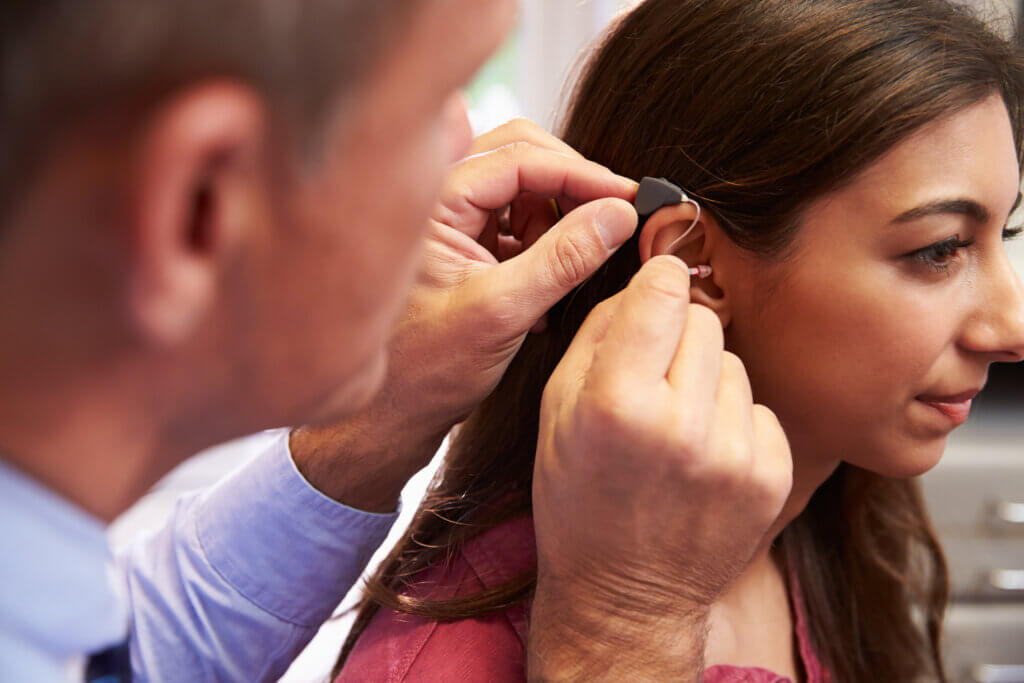
There are several smoking and hearing facts:
- Research shows smokers have a 70% greater chance of developing hearing loss compared to nonsmokers.
- Nonsmokers are twice as likely to develop hearing loss if they live with a smoker.
- The greater the number of cigarettes smoked, the greater your risk of developing hearing loss.
- If you work around high levels of occupational noise, smoking increases your risk of noise-induced hearing loss.
- Secondhand smoke can put adolescents at risk for hearing loss. They are two to three times more likely to develop hearing loss — and they usually aren’t even aware of it.
- A study found that smoking accelerates age-related hearing loss.
So, what is it about smoking that causes hearing loss?
It seems that hearing loss and smoking are related to “dose.” Studies have shown the more an individual smokes, the greater the exposure to nicotine, potentially resulting in hearing loss.
Though how smoking actually affects the ear is not completely known, the theory is that smoking may have an ototoxic effect on the inner ear. It has been suggested that a chemical reaction that occurs during smoking may reduce the oxygen available to the inner ear, resulting in damage to hair cells essential to the function of hearing.
Smoking also reduces the blood supply to the inner ear and can cause narrowing of the blood vessels and blockages, just as it can in the coronary arteries.
Though the exact reasons for hearing loss in smokers are not well understood, it has been documented in several studies and seems to impact high-frequency hearing (voices of women and children) more often than hearing in other ranges.
To protect your hearing, the best advice is to stop smoking or don’t start. Even individuals who don’t smoke themselves, but who are frequently exposed to second-hand smoke at home or at work, are also at risk for hearing loss, so limiting exposure to cigarette smoking is an important way to prevent the problem.
We at the Hearing Institute of Ontario believe that if you are a long-time smoker, even if you have quit, monitor your hearing regularly with a comprehensive hearing evaluation with our Audiologist. This can help you determine your baseline hearing, and whether you are experiencing any hearing loss.









